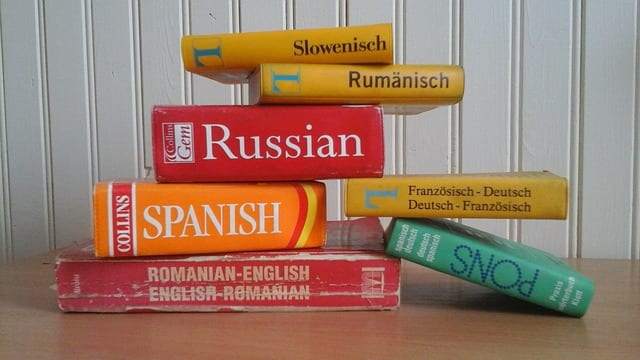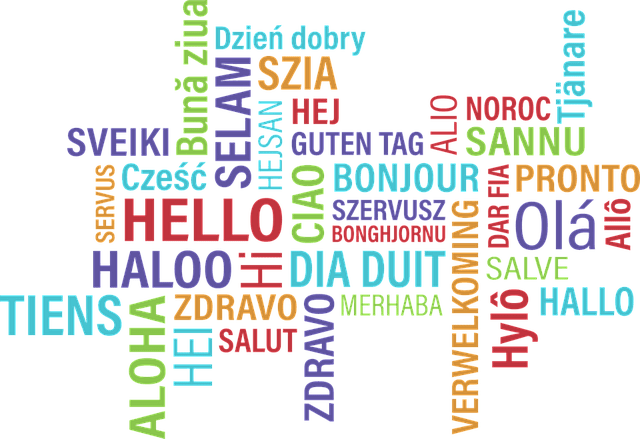
Challenges that come up when translating, can anyone handle them?
Challenges for translators, why translation can’t be done by just anyone In a past blog we tried to define the essence of the word “translation” in simple terms. At its core, “translation” is the transfer of a message from one language to another, but there is much more to the process. It is a highly demanding activity and translators face many challenges. Translating requires a lot of research and preparation. To start, we have a pair of languages, one the “source” text and one the “target” text. The source is the language of the original text and the target is the one you translate it to. Now we can begin… Challenges in translation First it is important to know that there is more than just one type of translation. Each type attends to the different communicative needs that we have in our lives. Among the types of translation that exist, we have: legal translation, academic translation, scientific translation, audiovisual translation, technical translation, and so on. Understanding the type of translation is the first challenge in translating a written text. To get a proper translation by translator contact us. The second challenge is figuring out the purpose of the translated text. It affects the format, vocabulary, word choice, and level of research required in order to to be prepared. This leads us to the third challenge, the topic of the written translation. This is one of the biggest hurdles of the job. Depending on the topic, the vocabulary and format of the text will vary. There are other exceptional cases, for example the translation of jokes or idioms. These can...




















